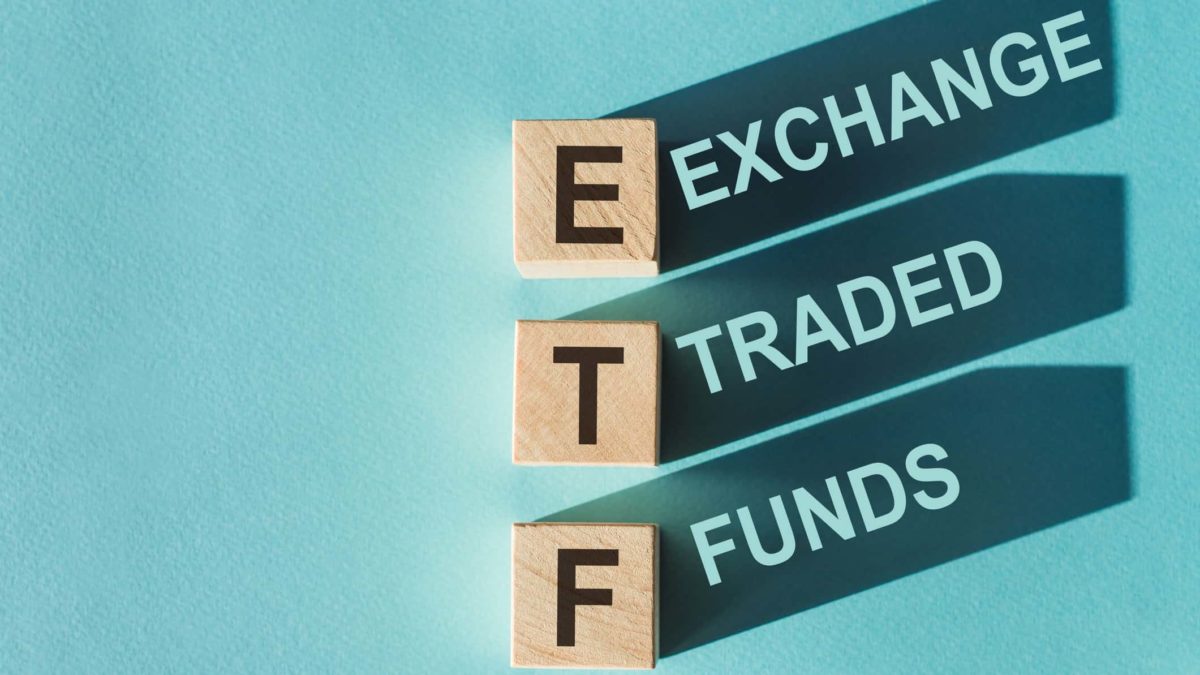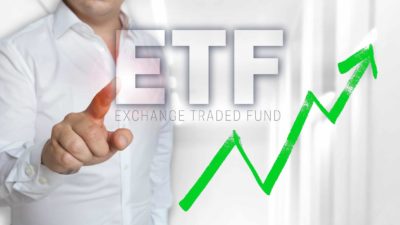Vanguard MSCI Index International Shares ETF (ASX: VGS) could be an interesting exchange-traded fund (ETF) to consider as a long-term investment.
What does Vanguard do?
Vanguard is one of the world's largest asset managers. It provides various index funds and ETFs for a very low cost. The investors are actually the owners of Vanguard, so it shares the profit with the investors through lower management fees.
What's Vanguard MSCI Index International Shares ETF?
The ETF seeks to track the return of the MSCI World ex-Australia. It boils down to giving exposure to many of the world's largest companies listed in major developed countries. It offers low-cost access to a broadly diversified group of shares that allows investors to participate in the long-term growth potential of international economies outside Australia.
Low fees
This ETF has an annual fee of 0.18%, which is pretty low low. It's lower than what many fees than active managers charge in Australia.
It's not the cheapest ETF on the ASX. Vanguard itself has a cheaper ETF on the ASX called Vanguard US Total Market Shares Index ETF (ASX: VTS).
Diversification
Vanguard MSCI Index International Shares ETF has over 1,500 holdings, which is good diversification. At the end of April 2021 it had 1,529 positions.
Those businesses are spread across a number of different countries. The US makes up a significant portion of the portfolio, but these locations make up at least 1% of the portfolio: Japan (7.2%), the UK (4.3%), France (3.4%), Canada (3.3%), Germany (2.9%), Switzerland (2.8%), Netherlands (1.5%), Sweden (1.1%) and Hong Kong (1%).
Sector wise, IT gets the biggest allocation. There's a slant to US tech at the top of the portfolio holdings: Apple, Microsoft, Amazon.com, Alphabet, Facebook, Tesla, JPMorgan and Chase, Johnson & Johnson, Visa and UnitedHealth.
It might be able to give an investor a lot of the diversification they need.
Returns
The Vanguard MSCI Index International Shares ETF has produced double digit returns since inception in November 2014. The net return has been an average return per annum of 13%. Over the last five years the return has been an average return per annum of 13.9%.
However, past performance is not a guarantee or indicator of future performance.









